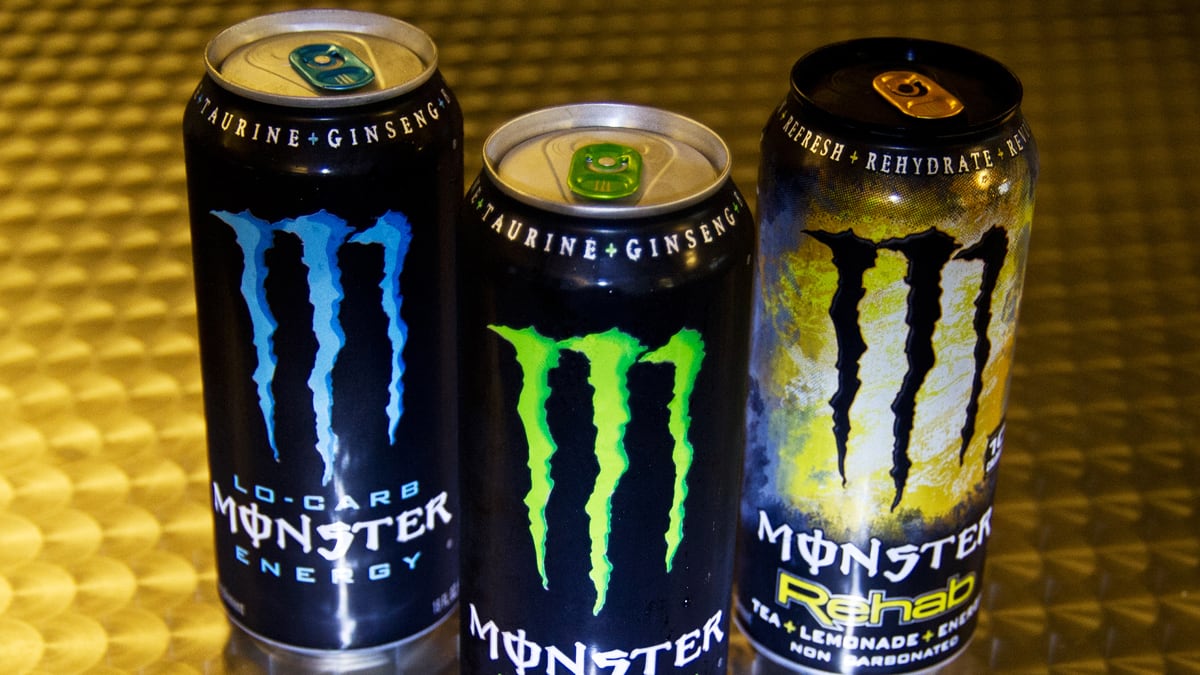Every company’s worst nightmare just came true for Monster Energy: the Food and Drug Administration is claiming that five people may have died over the last three years after consuming Monster’s highly caffeinated drinks, and the mother of one of the apparent victims filed a lawsuit against Monster last week.

Monster’s way out of PR hell won’t be a walk in the park, public-relations experts agree. “Monster has to balance the very important need to make sure it says enough but doesn’t endanger its legal case, along with the need to guard its very important reputation,” says Lance Ignon, co-head of the New York office of prominent crisis management firm Sitrick And Company, which isn’t involved in the case. “It’s not easy at all.”
Corona, California–based Monster company is denying any connection to the death of 14-year-old Anais Fournier, who died from a cardiac arrhythmia after drinking two 24-ounce cans of Monster over 48 hours. Monster, which is handling press via its external investor relations firm PondelWilkinson, issued a press release (PDF) on Tuesday expressing sympathy for “the untimely passing of Anais Fournier.”
ADVERTISEMENT
The company stated it “does not believe that its products are in any way responsible for the death of Ms. Fournier,” and claimed that a 24-ounce can of Monster Energy contains 30 percent less caffeine than an average 16-ounce cup of coffee.
But Monster’s reputation may have already begun to unravel: the company’s stock plummeted 16 percent after news of the lawsuit and FDA filings made headlines, and it continued to fall throughout the week.
The lawsuit was filed (PDF) last Friday by Fournier’s mother, Wendy Crossland, after Crossland obtained the FDA records through the Freedom of Information Act. Crossland’s lawyer, Alexander R. Wheeler, told The Daily Beast “his clients would like justice—and in our country justice means money.”
“There has to be a warning and full disclosure about the drinks’ dangers and what part of the population might be more vulnerable to having heart attacks or other heart problems,” he added, “instead of just pretending they’re safe and have no downsides.”
Sitrick’s Ignon says Monster’s damage-control apparatus has to act fast. “Monster has to demonstrate cooperation with the FDA,” he says, “and deny, and to the extent possible show, that the product does not cause harm, by enlisting data and having outside experts make that point.”
Monster has plenty of company among corporations whose products were blamed for death or serious injury. Johnson & Johnson’s handling of the Chicago Tylenol murders in the early 1980s—when seven people died from taking Tylenol pills poisoned with cyanide—is considered a model for navigating out of just the kind of crisis Monster now faces. Johnson & Johnson recalled 31 million bottles of Tylenol and cooperated with the FBI, FDA, and Chicago Police.
But Monster hasn’t yet shown that it understands the concerns of its customers, says Peter Duda, executive vice president at crisis communications firm Weber Shandwick. “What they can do to demonstrate that they’re listening now is to make clear the amount of caffeine in the drink,” he says. “They’re very focused on litigation and standing behind their product. But the real issue is, how much caffeine are our kids getting?” Monster may have to put out most of its fires behind the scenes, Ignon says. “It’s very difficult for companies that are the targets of lawsuits to say ‘we’re going to do X, Y and Z and we’re sorry.’ Those sorts of admissions can be used against them in a court of law.” Ignon says Monster can privately portray this lawsuit as yet another company “accused of various misdeeds that may well turn out to be untrue.” Indeed, many companies have battled allegations that turn out not to be true. In 1996, Sitrick And Company handled a lawsuit against El Torito, a restaurant chain in California, after a customer claimed he bit into a taco and found a frog’s head. “We had the frog analyzed by experts,” Ignon says. “We realized the human mouth could never have done this. We hired private investigators to check out the person making this claim and he told his girlfriend he was going to do something exactly like this.” After much mockery on late-night TV, El Torito’s name was cleared and the staged frog incident became the focus of ridicule. But the allegations against Monster go far beyond frog heads. With five people allegedly dead from Monster products, the company has to start “addressing consumer concerns” quickly, says Weber Shandwick’s Duda, “before the government forces them to.”




